In today’s fast-paced digital landscape, enterprise sales and marketing teams continually seek ways to connect with clients, prospects, and stakeholders while demonstrating value. With geographical limitations and busy schedules often holding back traditional in-person events, many organisations are now turning to virtual events. The key to delivering memorable, measurable experiences is selecting capable virtual event platforms that elevate engagement while capturing critical insights and ROI.
Table of Contents
ToggleWhy Virtual Event Platforms are Transforming Enterprise Engagement
Unlike the static webinars of the past, today’s solutions are built to replicate the best aspects of live conferences while extending reach and impact. Enterprises now expect scalable, interactive, and data-driven experiences that go beyond simple broadcasting.
A leading provider such as ON24 demonstrates how virtual event platforms empower enterprises to create engaging digital experiences. With tools for personalised engagement, interactive sessions, and robust analytics, teams can reach a global audience without the constraints of traditional events.
For enterprises, this transformation is more than convenience. It is about enhancing customer relationships, gaining insights that inform decision-making, and delivering events that leave a lasting impression.
Key Benefits of Virtual Event Platforms for Sales and Marketing Teams
1. Extending Global Reach
Virtual environments allow businesses to include attendees regardless of location. This eliminates travel restrictions and opens doors to markets that may have been inaccessible before. The global virtual events market is projected to grow at over 21% annually through 2030, highlighting its role as a growth engine for enterprises.
2. Data-Driven Insights
Analytics provided by these platforms track engagement behaviours, such as which sessions participants attend, how long they stay, and what content drives the most interaction. This means actionable insights for sales and marketing teams that support lead nurturing and campaign refinement.
3. Hybrid Flexibility
Modern enterprises often need a mix of online and in-person participation. Hybrid event functionality allows businesses to maintain inclusivity and resilience, ensuring events can continue seamlessly regardless of travel disruptions.
4. Brand Consistency and On-Demand Value
From virtual stages to branded booths, these platforms ensure an enterprise can maintain visual consistency across all sessions. Recorded sessions can also be offered on demand, extending engagement opportunities long after the event concludes.
How Enterprises Maximise Virtual Event Platforms
Aligning with Organisational Goals
Sales and marketing teams benefit when event objectives, lead generation, customer retention, or thought leadership, are directly mapped to measurable engagement outcomes within the platform.
Encouraging Interactivity
Features such as polls, surveys, and real-time Q&A encourage active participation. Gamification, breakout networking rooms, and virtual exhibitions help replicate the energy of live events.
Cross-Team Collaboration
Marketing teams focus on storytelling and branding, while sales gain the advantage of real-time behavioural data.
This shared ecosystem enables smarter campaigns and more personalised outreach.

Evaluation Criteria for Choosing the Right Platform
When selecting a solution, enterprise teams should prioritise:
- Scalability for high attendance numbers
- CRM and marketing automation integration
- Secure compliance with GDPR or ISO standards
- Real-time analytics dashboards
- Flexibility for hybrid and on-demand delivery
Looking Ahead: The Future of Virtual Events
The enterprise event space is evolving rapidly. Several trends are expected to shape the future of engagement:
- AI-Powered Experiences: Platforms will increasingly tailor recommendations and networking opportunities based on behaviour.
- Immersive Technology: Virtual and augmented reality will create more dynamic event spaces.
- Micro-Events: Short, focused sessions held throughout the year will keep audiences continuously engaged.
- Community Building: Platforms will act as hubs for year-round interactions, not just one-off events.
Final Thoughts
For enterprise sales and marketing teams, embracing virtual events is not a temporary adjustment but a strategic shift. By investing in advanced virtual event platforms, businesses can extend their reach, capture valuable data, and deliver engaging, measurable experiences that drive real results.
The organisations that thrive will be those that recognise the role of virtual events not simply as a substitute for physical gatherings but as a powerful extension of their engagement strategy.




